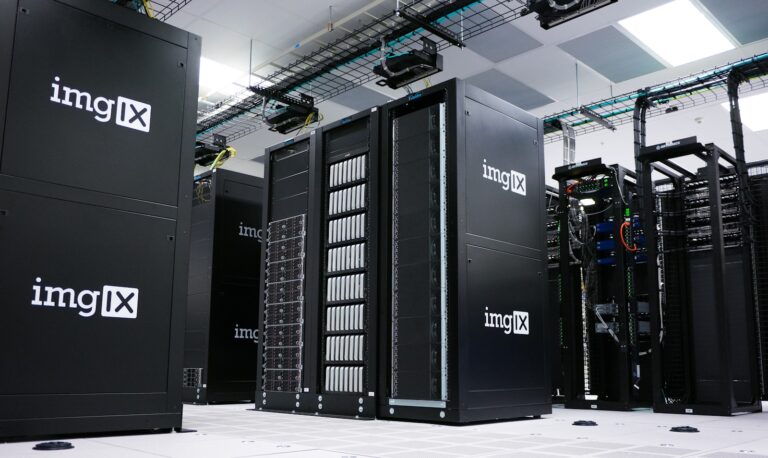Tune MySQL ‘Join’ Buffers for Better Query Performance
When retrieving data from various tables, a poorly sized join buffer can slow down queries and consume resources. Adjust the buffer size to allocate enough memory for join operations. This step improves query speed and efficiency, enhancing both user experience and database performance. Begin by checking your current MySQL settings to fine-tune join buffers. Balance … Read more















